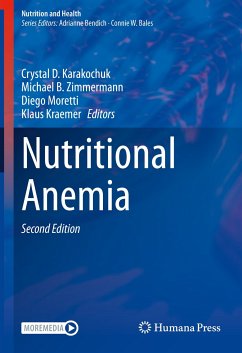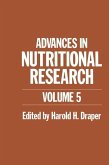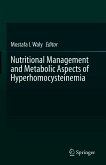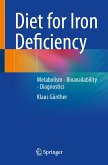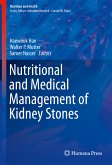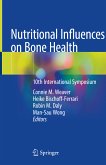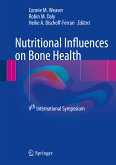Understanding the causes of anemia is critical to inform appropriate strategies to prevent and treat anemia, particularly to reduce the risk of anemia and the burden of disease. The strength of this book lies in its cross-disciplinary nature. This publication summarizes the current state of evidence on the multifactorial causes of anemia, with a specific focus on nutritional anemia. The chapter authors are leading experts in nutrition and global health. The introductory chapters provide an overview of the global burden of anemia prevalence, the economic implications and functional consequences of anemia, and the significance of these factors to guide policy and programs. Subsequent chapters provide current evidence on iron and other micronutrient metabolism and homeostasis in regards to anemia, the multifactorial contributors to anemia (e.g. infection and genetics), and the interactions between nutrients that may contribute to anemia. The summarizing chapters detail program and policy approaches to treat, prevent and reduce anemia in the global context.
Nutritional Anemia is a comprehensive resource for those involved in global health and nutrition policy, strategy, programming, or research, and serves as a guide for how government, NGO, and international agencies can effectively treat, prevent and reduce anemia globally.¿
Dieser Download kann aus rechtlichen Gründen nur mit Rechnungsadresse in A, B, BG, CY, CZ, D, DK, EW, E, FIN, F, GR, HR, H, IRL, I, LT, L, LR, M, NL, PL, P, R, S, SLO, SK ausgeliefert werden.

